
OR
Conflict era land deals
One of the longstanding conflict era issues that awaits resolution has been land grab and land transaction carried out by what was then called ‘a parallel government’ run by warring Maoists. Twelve years after the end of insurgency and signing of Comprehensive Peace Agreement in 2006, we are yet to resolve it to the satisfaction of those who lost their lands. It may be recalled that the parties to CPA had agreed to “create an inventory of governmental, public and private buildings, land and other properties occupied, locked up, or not allowed [for] use in [the] course of the armed conflict and to return them immediately” and that “private property of any person shall not be seized or controlled except in accordance with the law.” But Maoist leaders, for long, declined to return the land to their rightful owners despite calls from the victims and political parties. As a result, even cadres of Netra Bikram Chand-led communist party are resorting to land grab these days.
In this context, it is troubling that the government of Karnali Province is preparing to validate insurgency-era land transactions by forming a commission instead of doing so by formulating necessary laws as was promised in the past. When the Maoists started the armed insurgency in 1996, people living in the areas controlled by the rebels had no way of visiting the government’s land revenue offices—many of which were destroyed by the rebels—to register their land transactions. So they turned to the “parallel government” run by erstwhile Maoists, whose administration provided formalities to land transactions and distributed so-called certificates of land ownership to the buyers. This cannot and should not be legalized by the province government. Supreme Court has already ruled against validating insurgency-era land deals.
Equal distribution of land has remained a matter of big debate in Nepal. Evidently, while a few people have controlled land resources, vast majority of poor do not even have a small piece of land to build roofs over their heads. We need forward-looking land reforms to address this problem. But during the insurgency lands and properties of thousands of people had been confiscated by the rebels and they were rendered homeless simply because they held different political ideologies. This led many to flee their villages and migrate to the cities where they struggled to provide for their families and children. People of Rukum, Salyan, Jajarkot, Kalikot, Dailekh and Surkhet districts were affected most. Karnali Province should not set a wrong precedent. Following pressures from Nepali Congress and then CPN-UML the process of returning seized land to rightful owners had also started. State policies should be directed toward facilitating this process. With the merger of UML and Maoist Center, many have started to fear that the government will sweep pressing issues of the past under the carpet without consulting the victims. Tampering with land-related issues without ensuring justice to those who lost it, let us not forget, will fuel further discontent among people against the government.
You May Like This

Education Ministry urges students to avoid illegal consultancies
KATHMANDU, Aug 1: The Ministry of Education, Science and Technology (MoEST) has urged the students not to go abroad for study through... Read More...

'Commercial complex construction illegal'
KATHMANDU, Jan 8: Officials at the Department of Archeology (DoA) have taken strong exception to the United Nations Educational, Scientific... Read More...

Petroleum tanker operators protest illegal: Secretary
KATHMANDU, Feb 22: The agitating petroleum tanker operators should be jailed as they have been disrupting the supply of essential products,... Read More...



Just In
- Foundation stone laid for building a school in Darchula with Indian financial assistance
- 151 projects to be showcased for FDI in Third Investment Summit
- Police disclose identity of seven individuals arrested with almost 2 kg gold and more than Rs 10 million in cash
- NIMSDAI Foundation collaborates with local govt for Lobuche Porter’s Accommodation Project
- Home Ministry directs recalling security personnel deployed for personal security against existing laws
- Fake Bhutanese refugee case: SC orders continued pre-trial detention for seven individuals including former DPM Rayamajhi
- ADB Vice-President Yang pays courtesy call on PM Dahal
- PM Dahal, Chairman of CIDCA Zhaohui hold meeting








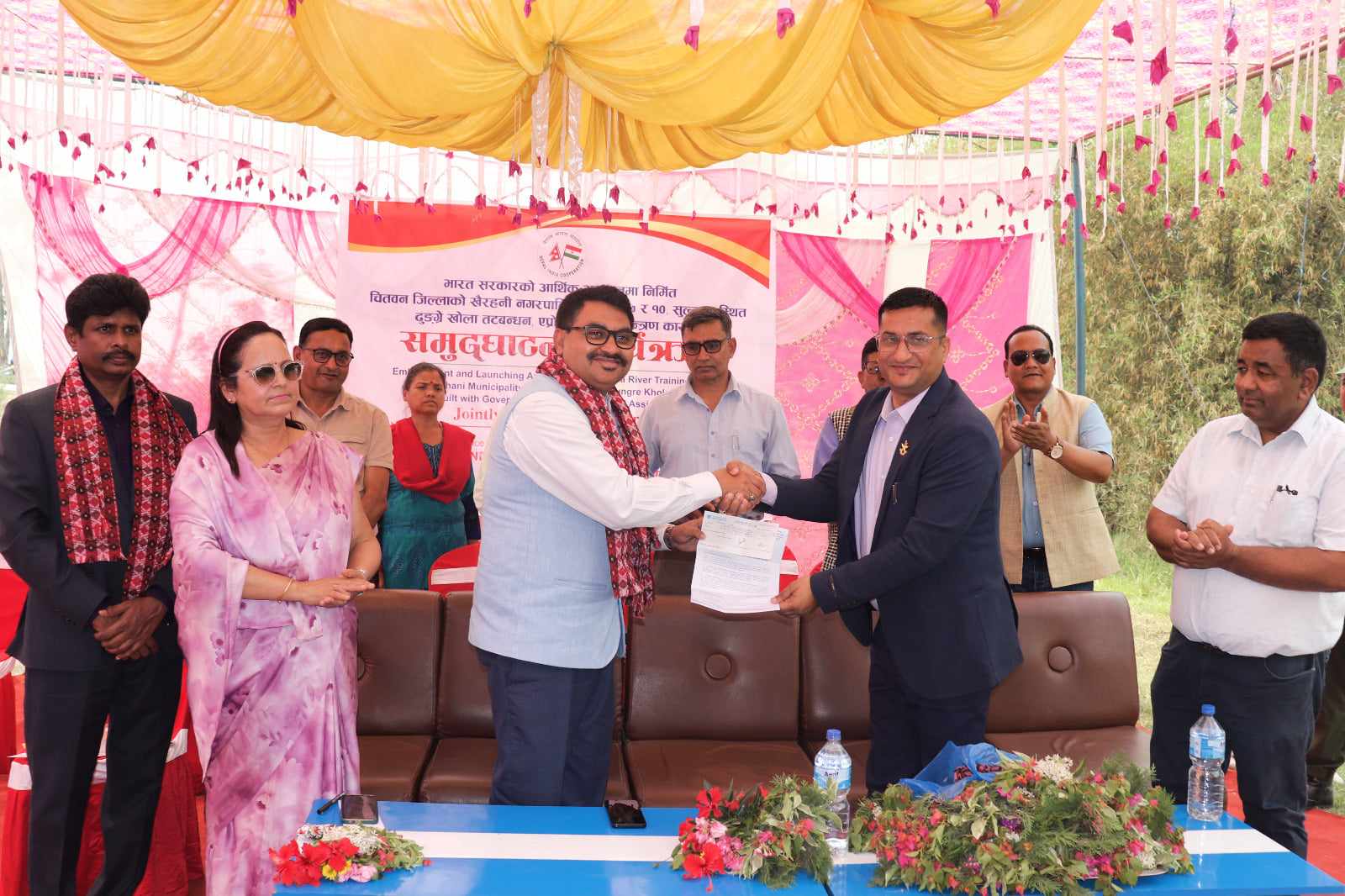


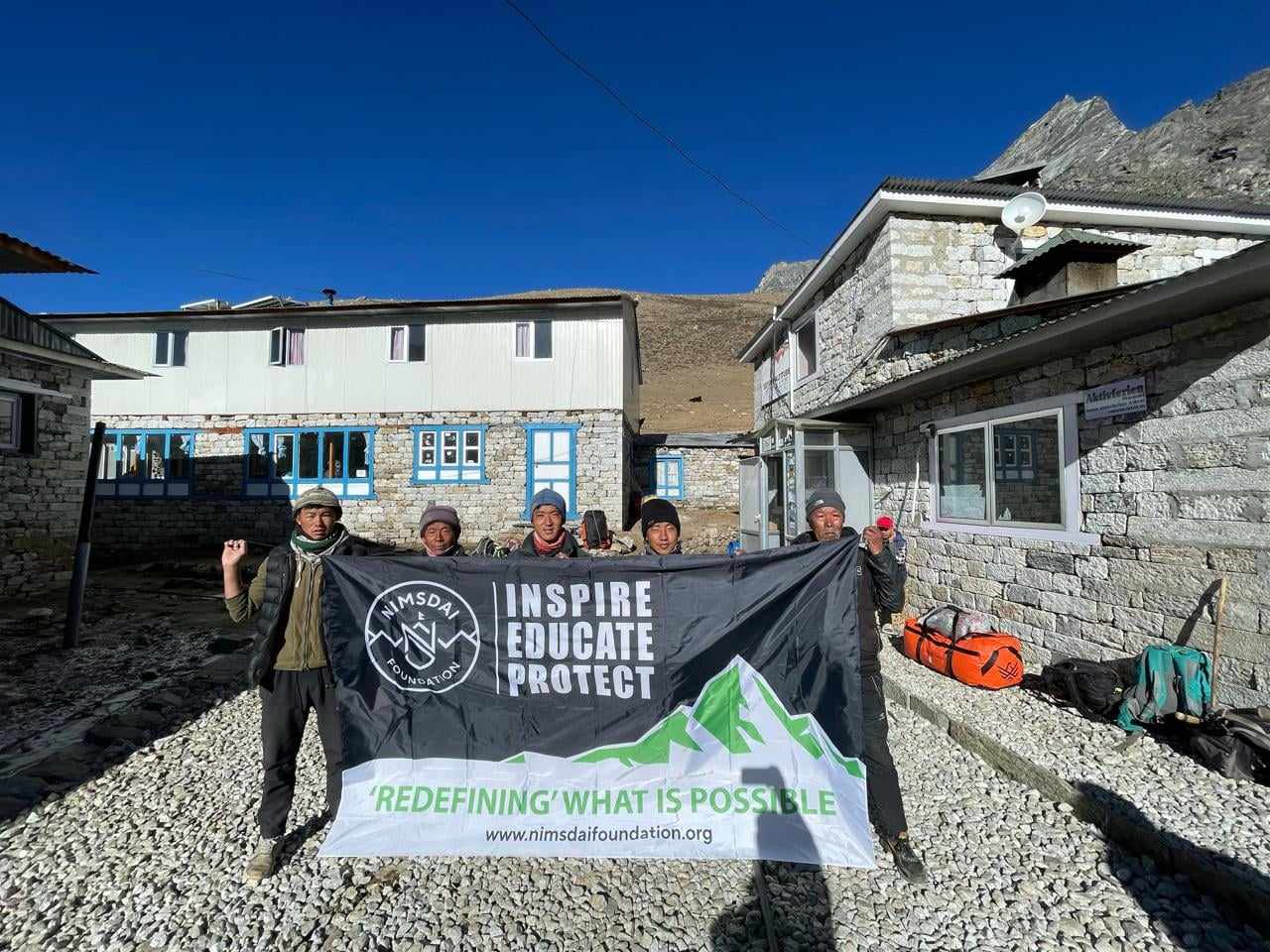

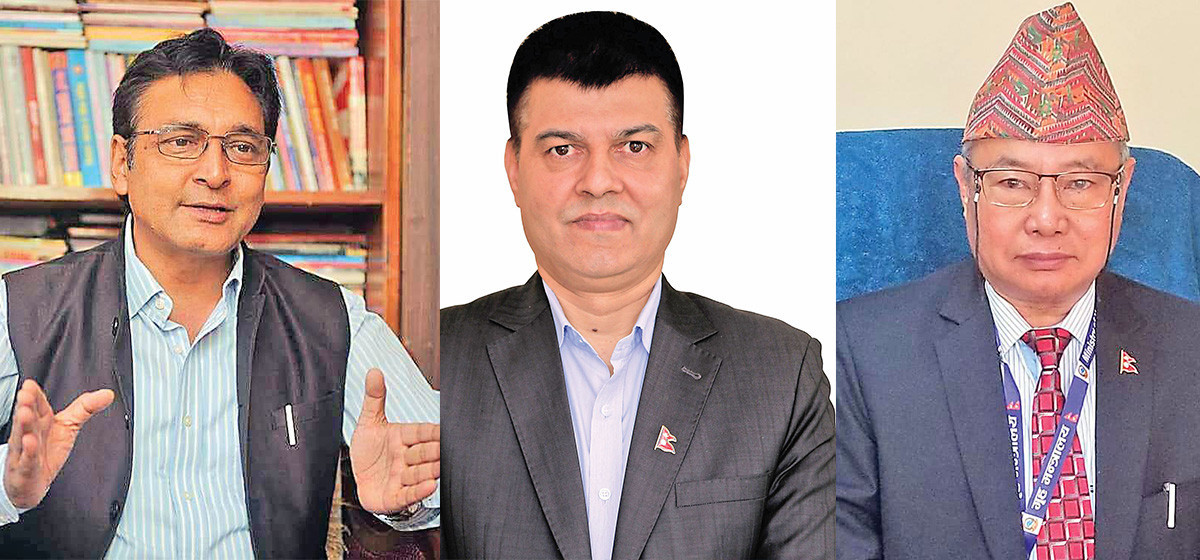
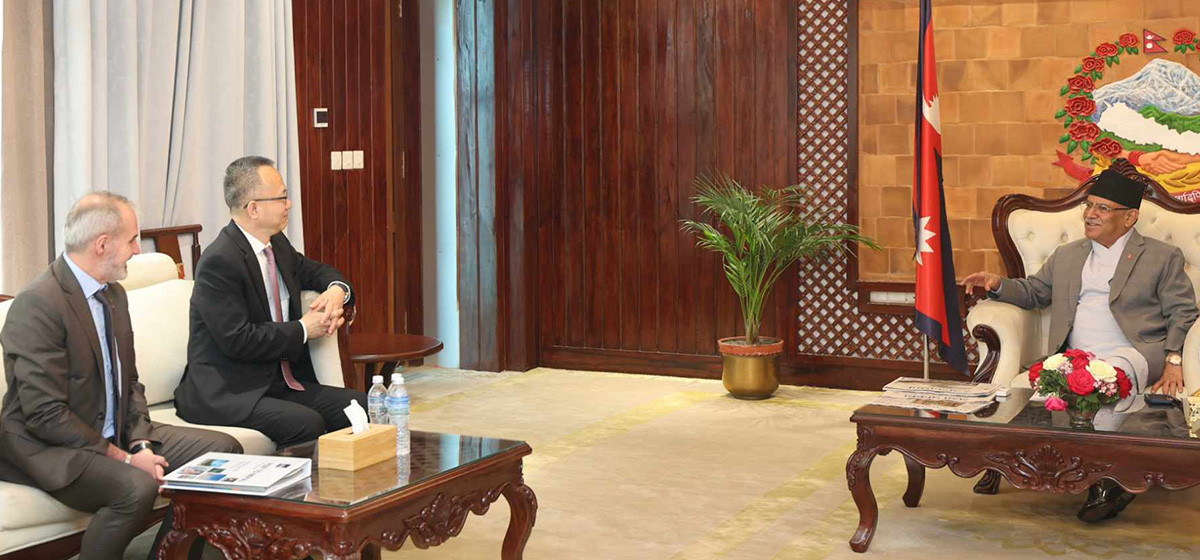
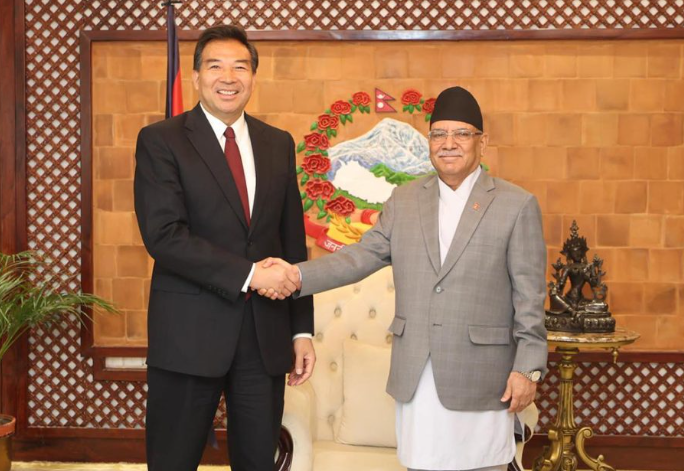
Leave A Comment